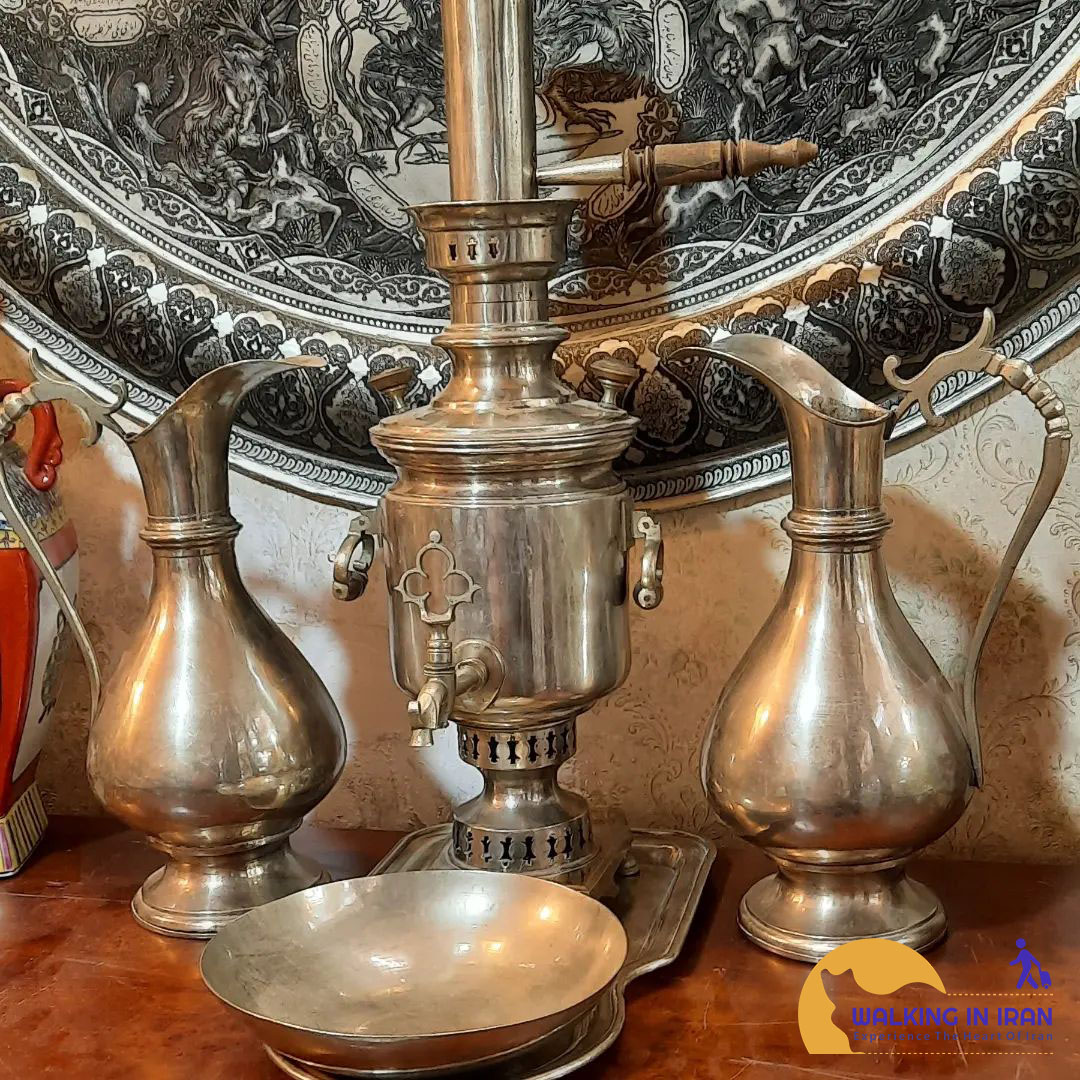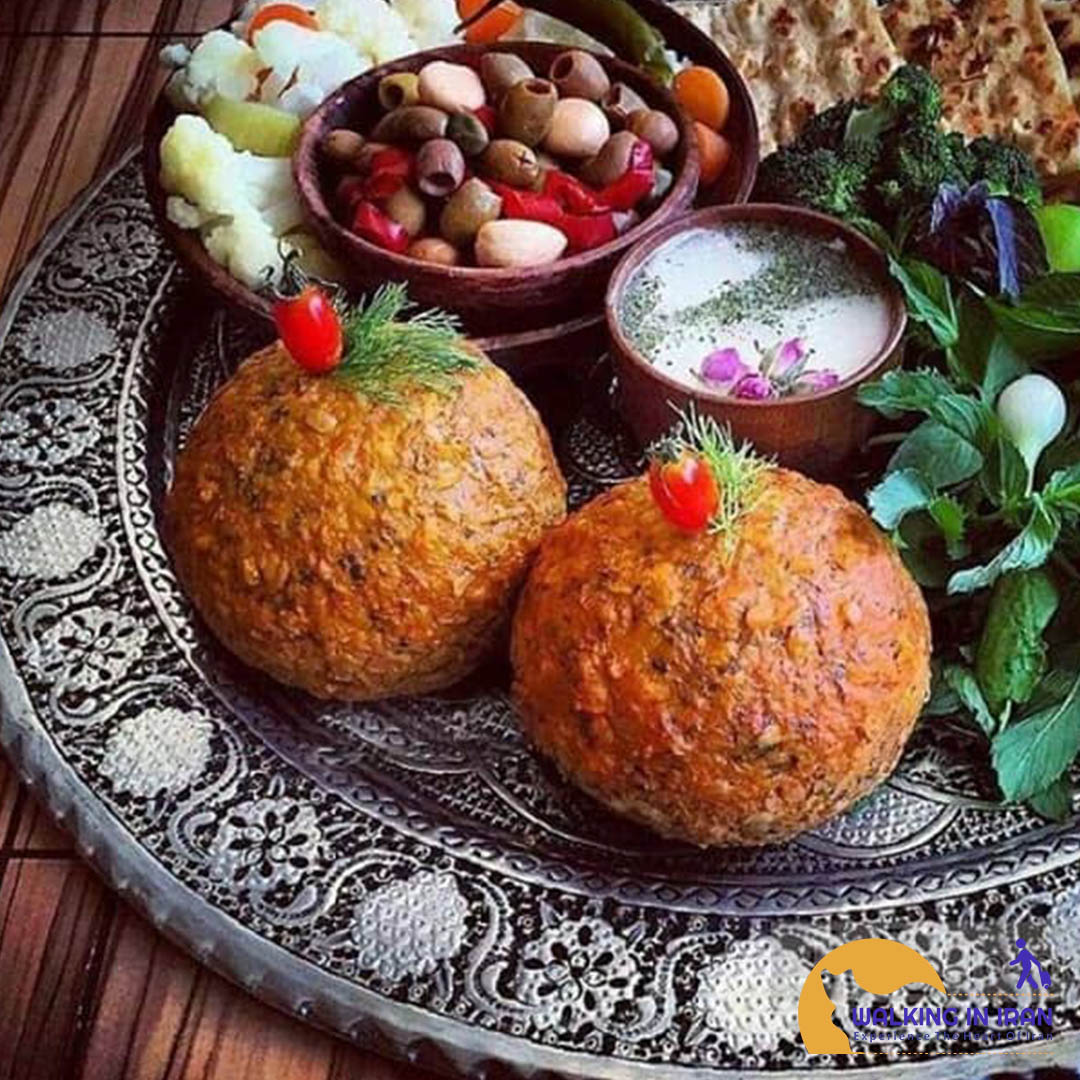The art of Warsaw in Iran: a fusion of elegance and history
Varshosazi is an original and ancient art that has a special place in Iran, especially in the city of Borujerd. By combining elegance and creativity, this art transforms an alloy of nickel and zinc into practical and artistic objects in the most beautiful way possible.
History of Warsaw in Iran
- Historical roots: Varsouzazi dates back to ancient times and the art of metalworking. Metal works of the Achaemenid period and Sassanid silver and gold vessels show the existence of the art of metal engraving in ancient Iran.
- Arrival of Warsaw to Iran: Warsaw paper entered Iran for the first time through Poland, and that is why it is called by this name.
- The boom of Warsaw crafting in Borujerd: The city of Borujerd is known as the main center of Warsaw crafting in Iran. From the years 1315 onwards, Varsouzazi flourished in this city and until about 35 years later, this art was widely welcomed.
Characteristics of Warsaw - Warsaw alloy: Warsaw is an alloy that is a combination of nickel and zinc, which is very suitable for making all kinds of containers, ornaments and decorative objects due to its silver color and high malleability.
- Brushing: One of the most important features of Warsaw is the art of brushing on it. Artists create beautiful and delicate designs on the surface of Warsaw with special tools.
- Variety of products: Warsaw products are very diverse and include tableware, ornaments, decorative items, stationery and many other items.
Why is Warsaw important? - Authentic Iranian art: Varshosazi is one of the authentic Iranian arts that expresses the taste of Iranians.
- Creation of employment: Warsawization can help create employment and economic prosperity in different regions of the country, especially in small towns and villages.
- Preservation of cultural heritage: supporting the art of Warsaw will help preserve cultural heritage and pass it on to future generations.




Join The Discussion